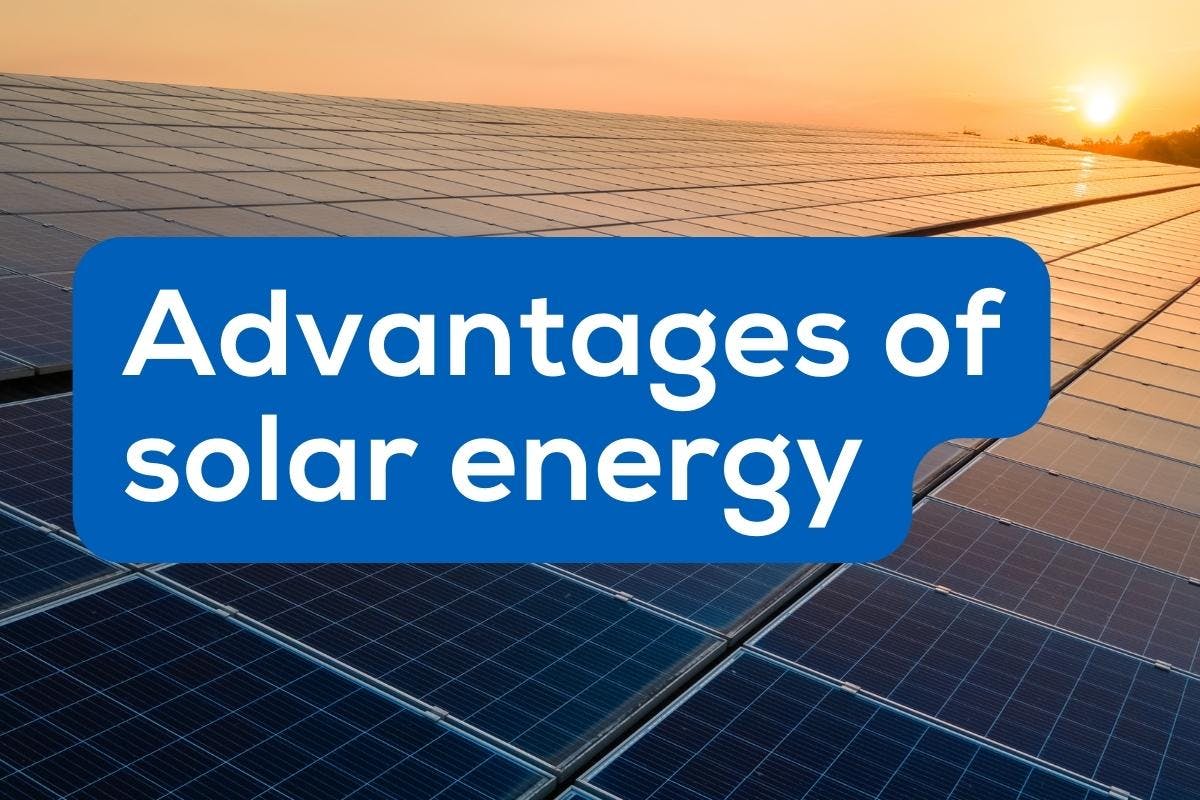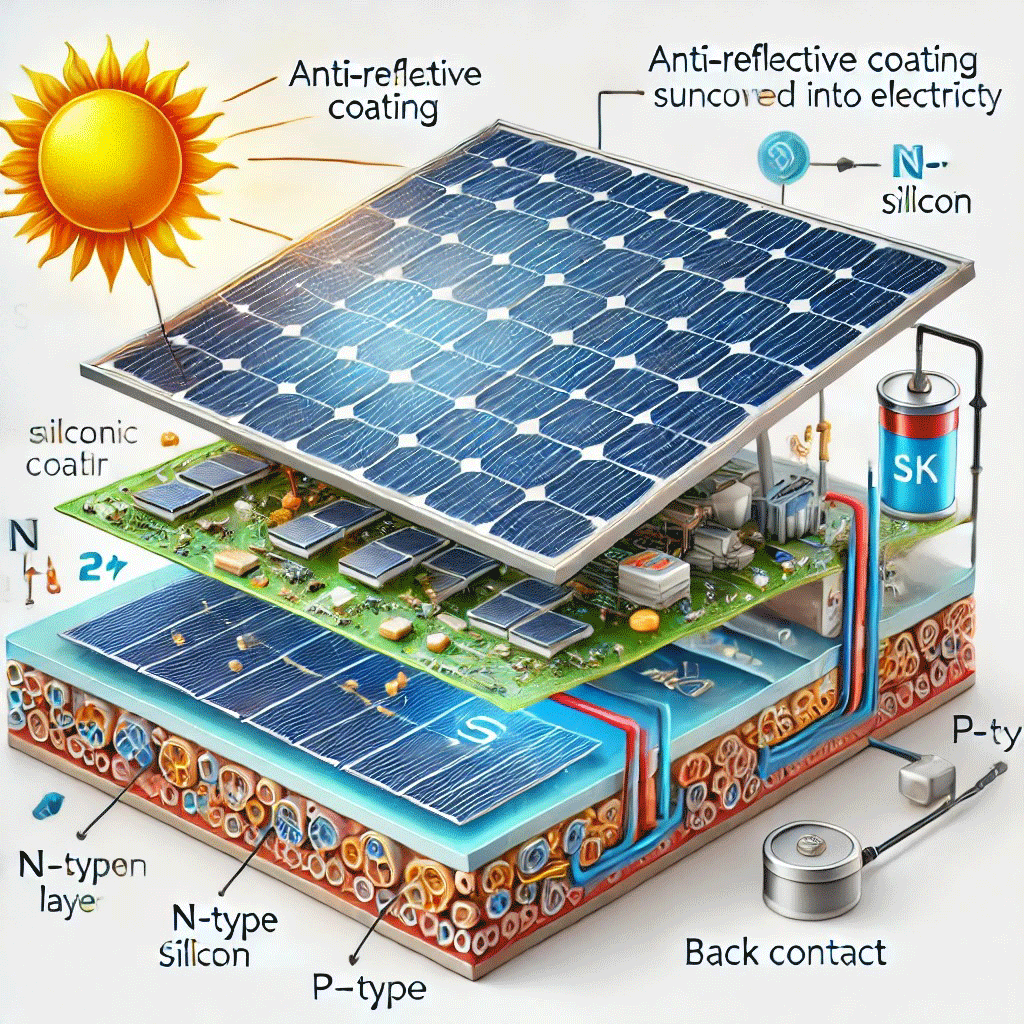Simply Solar Illinois: Sustainable Solar Solutions to Light Up Your Home
Simply Solar Illinois: Sustainable Solar Solutions to Light Up Your Home
Blog Article
Just How Solar Energy Can Help You Conserve Cash and Lower Your Carbon Impact
The integration of solar energy right into your power profile presents a compelling chance for both economic savings and ecological stewardship. By utilizing the sun's power, house owners can significantly lower their monthly energy expenses while also securing versus the changability of future power expenses. Moreover, the transition to solar contributes to a significant decline in carbon emissions, lining up individual financing with broader environmental objectives. As different federal government rewards appear, the question emerges: exactly how can one effectively browse the initial financial investments and continuous advantages of solar technology to make best use of both financial and environmental gains?
Understanding Solar Power Savings
While the change to solar power commonly includes a preliminary investment, understanding solar energy savings is crucial for property owners and organizations alike. Solar energy systems can significantly reduce power expenses by utilizing the sunlight's energy, translating right into considerable lasting monetary advantages. By creating their very own electrical power, users minimize dependence on grid power, which undergoes varying prices. These financial savings can accumulate in time, typically leading to a fast roi.
In addition, solar power systems might get approved for numerous monetary motivations, including tax credits and discounts, better enhancing their cost-effectiveness. The accessibility of net metering permits users to market excess energy back to the grid, producing an extra income stream. These variables contribute to the overall cost savings linked with solar power.

In enhancement to guide financial financial savings, solar power offers the included advantage of raising home worth. Homes geared up with solar panels are commonly much more eye-catching to purchasers, as they assure reduced power expenses - Simply Solar Illinois. Understanding these components is vital for any person taking into consideration solar power, as it highlights not simply the possible monetary gains, however likewise the broader environmental and economic benefits of adopting renewable resource solutions
Initial Prices vs. Long-Term Perks
When assessing solar power, it is very important to weigh the preliminary expenses versus the long-term advantages. The upfront investment for photovoltaic panels, setup, and relevant tools can be significant, frequently varying from $15,000 to $30,000, depending on the system size and home energy requirements. This initial expense might deter some house owners; nonetheless, it is critical to think about the potential savings over time.
When installed, solar energy systems can considerably reduce or also remove regular monthly electricity expenses, bring about substantial lasting financial benefits. Studies show that homeowners can conserve anywhere from $10,000 to $30,000 over the life-span of their planetary system, usually 25 years. Additionally, many states supply motivations, tax obligation debts, and refunds that can balance out initial expenses, making solar extra obtainable.

Minimizing Your Carbon Impact
Lowering your carbon impact is an essential factor to consider in today's environmentally conscious society, and embracing solar power is among one of the most reliable approaches to attain this site web goal. Solar energy is a clean, renewable energy that significantly diminishes reliance on nonrenewable fuel sources, which are major contributors to greenhouse gas exhausts.

In addition, the prevalent adoption of solar technology encourages the development of environment-friendly work and supports developments in energy storage and performance. The even more people and companies purchase solar energy, the greater the collective decrease in carbon discharges, fostering a cleaner ambience for future generations.
Federal Government Incentives and Discounts
Adopting solar energy not only profits the setting but can additionally result in considerable monetary cost savings, especially with the schedule of federal government rewards and discounts. Numerous federal, state, and local programs are created to motivate homeowners and businesses to purchase solar power systems, making the shift a lot more affordable.
Among the most prominent rewards is the Federal Financial Investment Tax Obligation Debt (ITC), which allows planetary system proprietors to subtract a substantial percent of the installation prices from their federal tax obligations. This incentive has been crucial in reducing the upfront costs related to solar power systems. In addition, numerous states use their own tax obligation credit histories, gives, and refunds that can better boost financial savings.
Additionally, some regional federal governments supply residential property tax exemptions for solar setups, making sure that property owners do not deal with enhanced residential property taxes as a result of their renewable power investments. Utility companies might also provide site motivations, including web metering and feed-in tariffs, which allow solar energy users to sell excess power back to the grid.
Picking the Right Solar System
Choosing the appropriate solar system is essential for making the most of power performance and monetary advantages. The decision depends upon several elements, consisting of power needs, spending plan, and readily available area. House owners ought to start by evaluating their electrical energy usage to establish the system size required for ideal performance.
Next, consider the different kinds of solar modern technologies offered. Simply Solar Illinois. Solar (PV) panels are one of the most common, transforming sunlight directly right into electricity, while solar thermal systems concentrate on home heating water. Each kind has distinctive benefits depending on specific demands
Spending plan factors to consider are likewise paramount. Preliminary installation prices can vary dramatically, so it is necessary to contrast quotes from numerous providers and discover funding options. Federal government incentives and refunds can further minimize the financial worry, making planetary systems much more obtainable.
Final Thought
The environmental advantages of solar power add to lasting practices important for combating climate adjustment. Federal government rewards boost the usefulness of solar innovation adoption, urging a change in the direction of a cleaner, more economically reliable energy resource.
Report this page